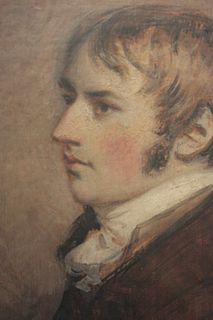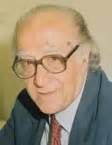A Quote by Sijie Dai
Calligraphy may well be simply an artistic version of another form, that is the ideograms which make up the poem, but then not only does it reflect the character and temperament of the artist but . . . also betrays his heart rate, his breathing.
Related Quotes
I prefer formal techniques, and use sonnets and rhyme, any manner of scheme to give a shape and order-of feeling as well as argument-to a poem. But all my life, I've also been a person who's made his bed in the morning and picks up the bath mat. That's what I mean by temperament. Whether genetic or acquired, I have a disposition to arrangements. One is born with this, as if with blue eyes or a weak heart. Do you think Allen Ginsberg ever put the cap back on his toothpaste?
He [the artist] ought to have 'these powerful organs of expression' - colour and chiaroscuro - entirely at his command, that he may use them in every possible form, as well as that he may do with the most perfect freedom; therefore, whether he wishes to make the subject of a joyous, solemn, or meditative character, by flinging over it the cheerful aspect which the sun bestows, by a proper disposition of shade, or by the appearances that beautify its arising or its setting, a true "General Effect" should never be lost sight of.
I said earlier that I do not believe an artist's life throws much light upon his works. I do believe, however, that, more often than most people realize, his works may throw light upon his life. An artist with certain imaginative ideas in his head may then involve himself in relationships which are congenial to them.
The master in the art of living makes little distinction between his work and his play, his labor and his leisure, his mind and his body, his information and his recreation, his love and his religion. He hardly knows which is which. He simply pursues his vision of excellence at whatever he does, leaving others to decide whether he is working or playing. To him he's always doing both.
The true poem is not that which the public read. There is always a poem not printed on paper,... in the poet's life. It is what hehas become through his work. Not how is the idea expressed in stone, or on canvas or paper, is the question, but how far it has obtained form and expression in the life of the artist. His true work will not stand in any prince's gallery.
In nothing does man, with his grand notions of heaven and charity, show forth his innate, low-bred, wild animalism more clearly than in his treatment of his brother beasts. From the shepherd with his lambs to the red-handed hunter, it is the same; no recognition of rights - only murder in one form or another.
The subject of the poem usually dictates the rhythm or the rhyme and its form. Sometimes, when you finish the poem and you think the poem is finished, the poem says, "You're not finished with me yet," and you have to go back and revise, and you may have another poem altogether. It has its own life to live.


































